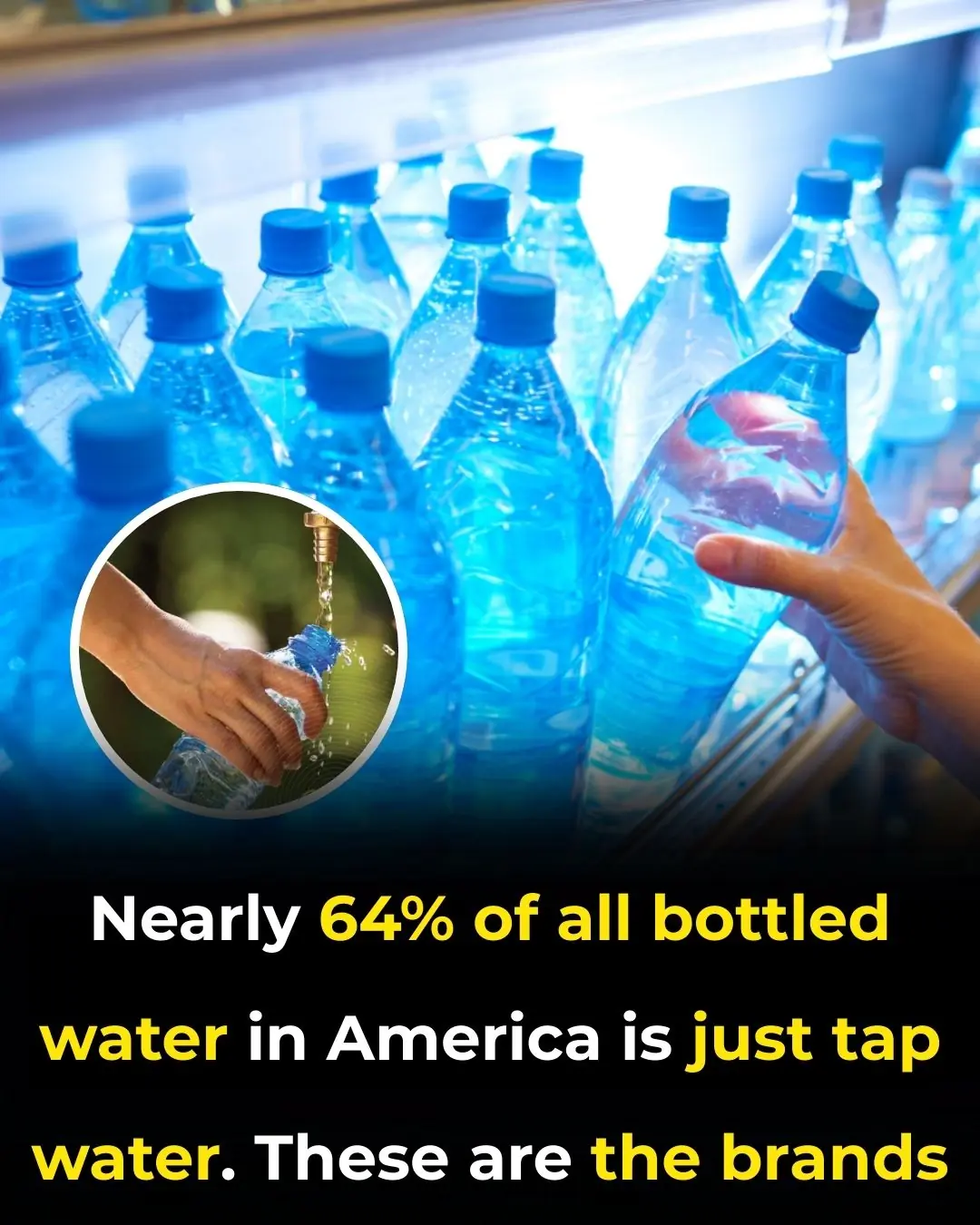
5 Delicious Eating Habits That Put the Whole Family at Risk of C:ancer – Extremely Dangerous and Should Be Avoided Immediately
5 Delicious Eating Habits That Put the Whole Family at Risk of Cancer
When the main homemaker in the family maintains certain eating habits on a daily basis, it can have serious long-term effects on everyone’s health.
Cancer is now one of the leading causes of death in Vietnam and many other countries. According to the World Health Organization (WHO), an estimated 30–50% of all cancer cases can actually be prevented through lifestyle changes, especially in diet (WHO, 2023). Unfortunately, many families continue practices that seem harmless but silently increase the risk of disease.
Here are the five most common eating habits that should be eliminated immediately to better protect your loved ones.
1. Eating Too Many Processed Foods and Red Meat
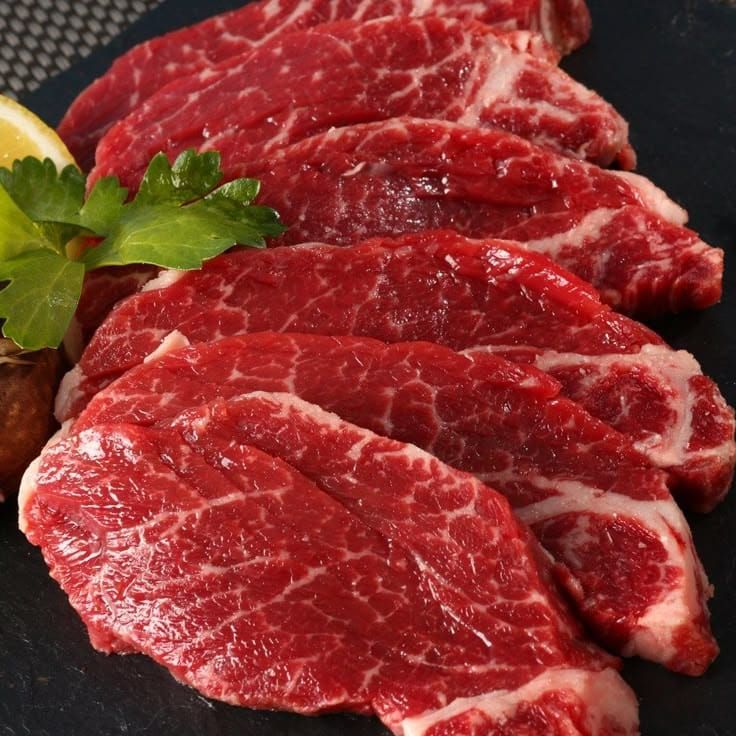
Processed foods such as sausages, bacon, ham, and canned meats often contain nitrites and nitrates — preservatives used to maintain color and extend shelf life. Inside the body, these substances can convert into nitrosamines, compounds strongly linked to stomach and colorectal cancer (IARC, 2015).
Excessive consumption of red meat (beef, pork, lamb, etc.) also increases colorectal cancer risk. A study published in the International Journal of Cancer found that consuming more than 500 grams of red meat per week significantly raised the risk.
Recommendation:
-
Limit red meat intake to 350–500 g per week.
-
Minimize processed meat consumption. Prioritize fresh meat, fish, and plant-based protein sources.
2. Eating Moldy, Spoiled, or Poorly Stored Foods
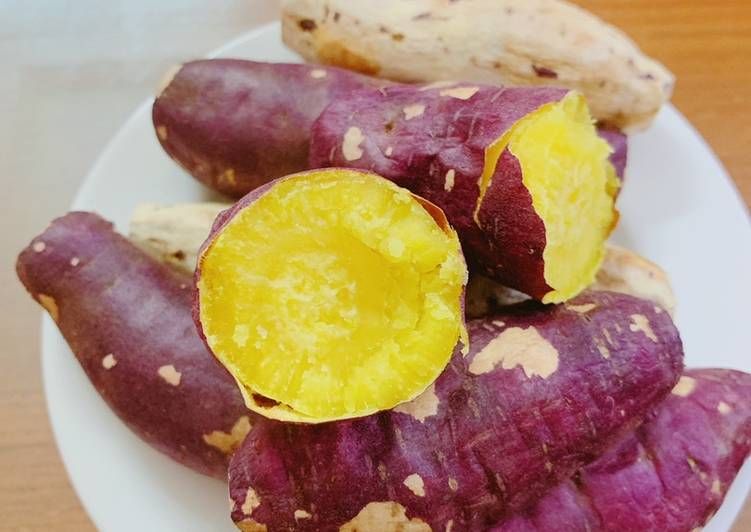
Aflatoxin, a toxin produced by Aspergillus mold, is among the most powerful liver carcinogens known. It is commonly found in moldy grains, peanuts, beans, or rice. Crucially, aflatoxin is not destroyed by cooking.
Prevention tips:
-
Never eat moldy food, even if only part of it appears affected.
-
Store food in a dry, cool place.
-
Use sealed containers or moisture absorbers for grains, beans, and nuts.
Even cutting away the visible mold does not guarantee safety — the toxins may have already spread invisibly.
3. Eating Too Much Salt and Pickled Foods
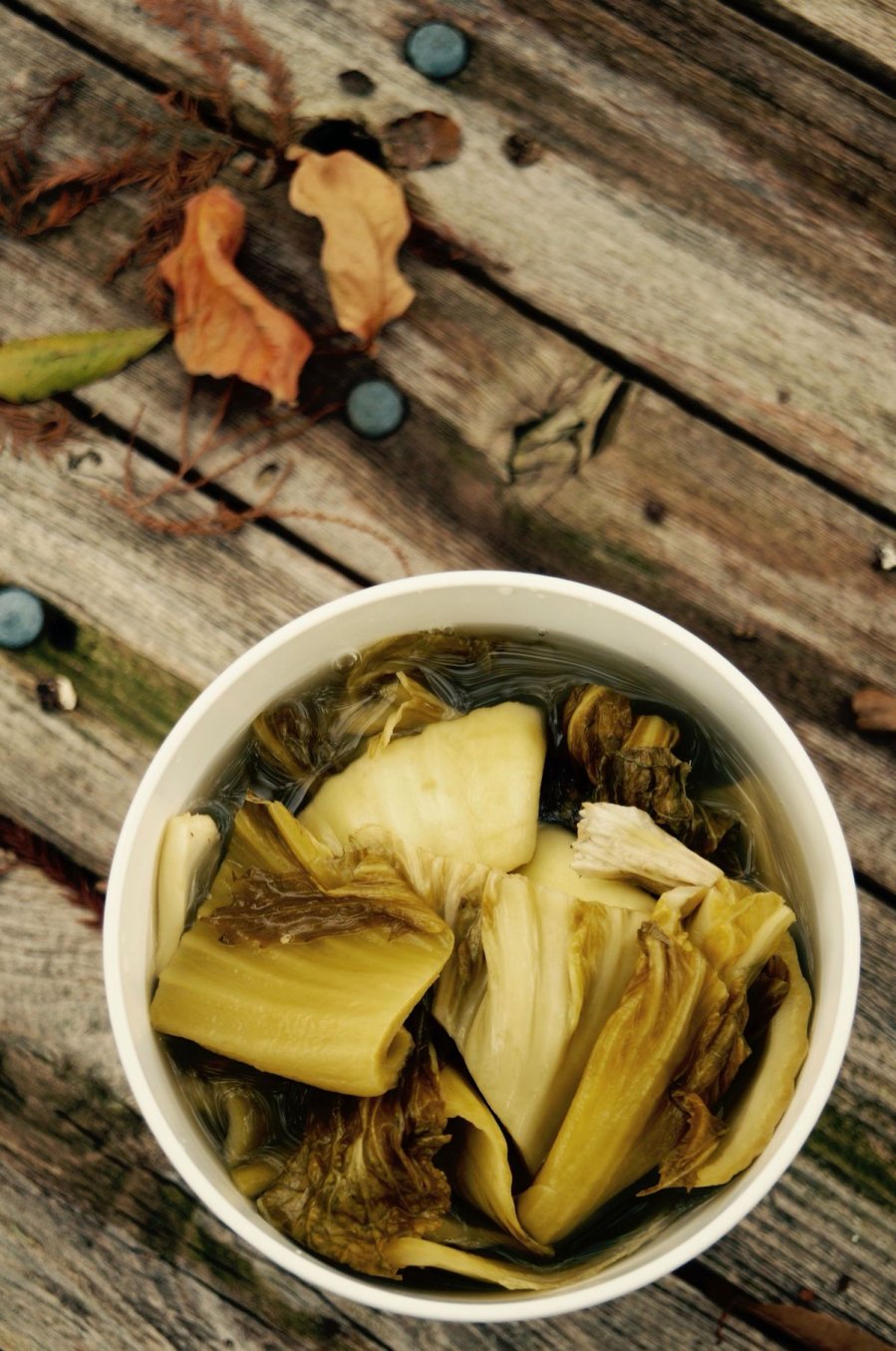
High salt intake increases the risk of stomach cancer and cardiovascular disease. According to WHO, adults should consume less than 5 grams of salt per day.
Pickled foods (like pickled mustard greens or cucumbers) can also pose risks if prepared improperly. They may produce nitrosamines — another cancer-causing compound. Quick-pickled or under-fermented vegetables often contain high nitrite levels, making them even more dangerous.
Recommendation:
-
Reduce salt when cooking and avoid overly salty dipping sauces.
-
Avoid eating pickled vegetables that are too sour or stored for too long.
4. Eating Deep-Fried Foods Cooked at High Temperatures or Reusing Oil
When foods are fried at very high heat (especially above 180°C/356°F), they may form acrylamide, a compound classified by IARC as a probable human carcinogen.
Reusing oil multiple times worsens the problem by generating oxidized compounds and free radicals, which can damage DNA and increase cancer risk.
Recommendation:
-
Limit fried foods. Choose healthier cooking methods like steaming, boiling, or pan-searing.
-
Never reuse cooking oil that has already been heated several times.
-
Opt for healthy oils such as olive oil or sunflower oil.
5. Drinking Too Many Sugary Beverages
A study published in BMJ (2019) showed that high consumption of sugary drinks (sodas, bubble tea, packaged juices) is linked to an increased overall cancer risk.
While sugar itself does not directly cause cancer, it contributes to obesity, which is a risk factor for at least 13 types of cancer (NCI, 2021). Sugary drinks also promote inflammation, raise insulin levels, and create a favorable environment for cancer cell growth.
Recommendation:
-
Replace sugary drinks with water, herbal teas, or freshly squeezed juices.
-
Follow the American Heart Association’s daily sugar intake guidelines:
-
Women: less than 25 g per day
-
Men: less than 36 g per day
-
✅ Bottom line: Small, everyday eating habits may feel harmless, but over time they can put the entire family at risk. By reducing processed foods, avoiding moldy ingredients, cutting back on salt and fried foods, and limiting sugary drinks, you can protect your family’s health and lower the risk of cancer significantly.
News in the same category

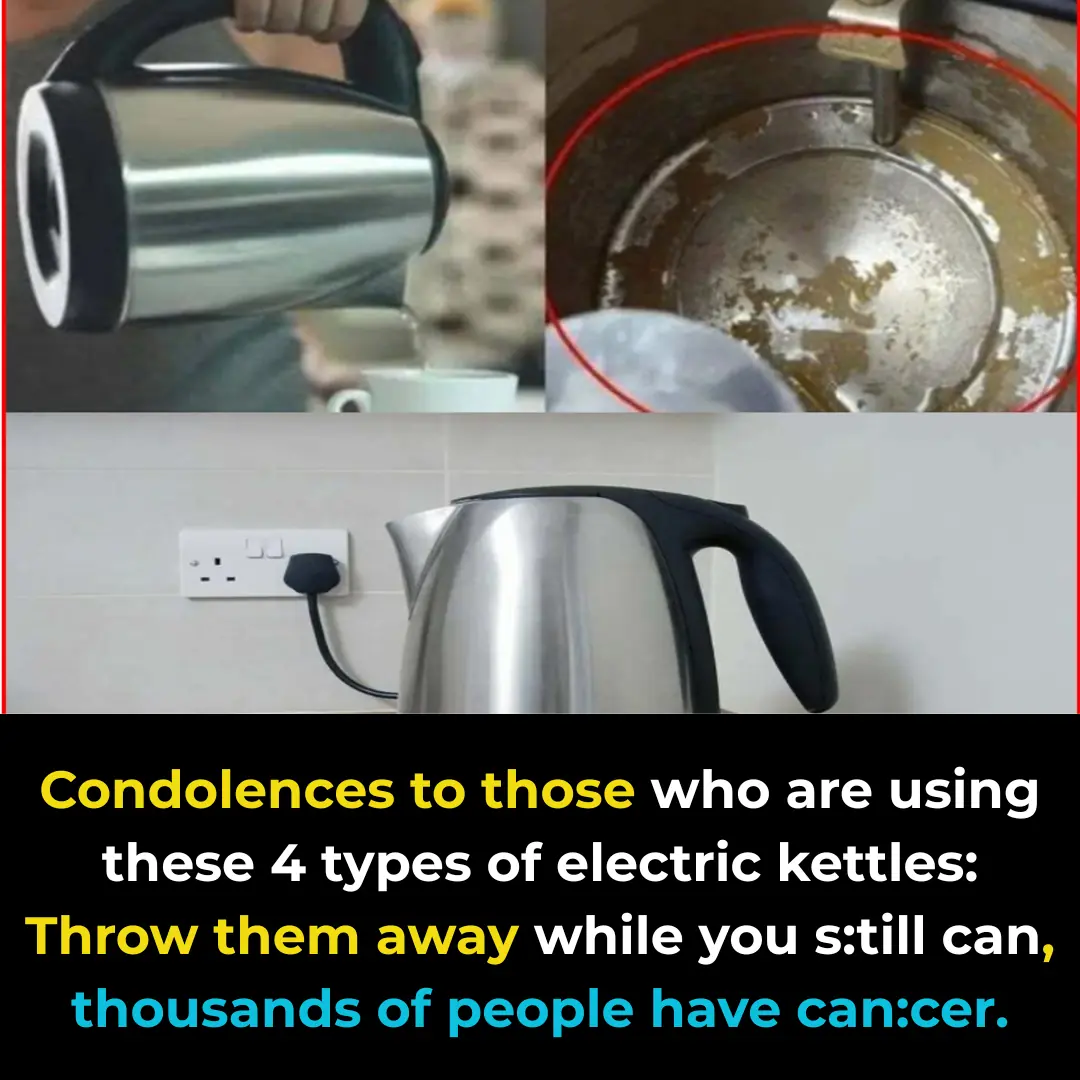
Condolences to those who are using these 4 types of electric kettles: Throw them away while you still can, thousands of people have already developed c:ancer.
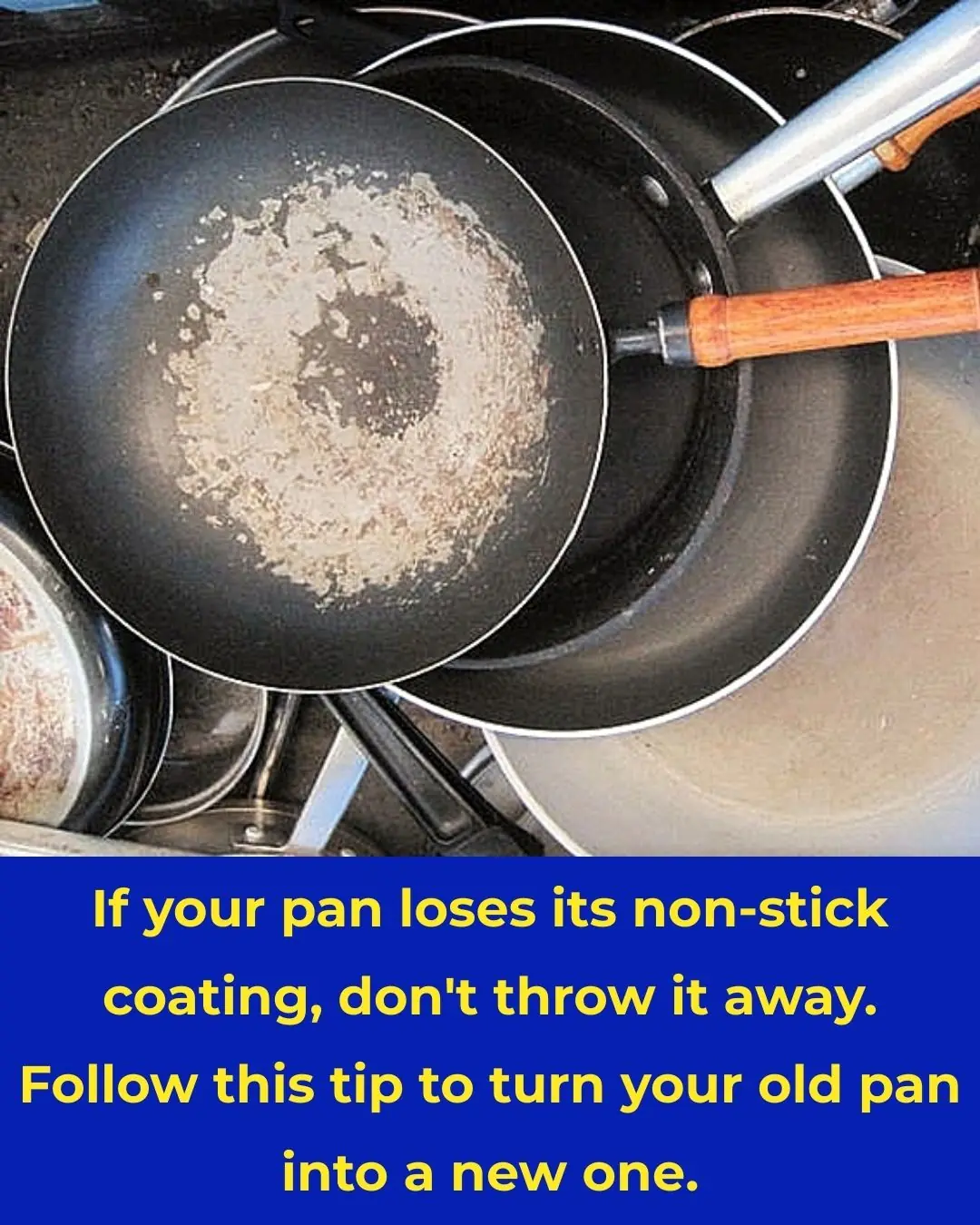
Don't Throw Away That Old Non-Stick Pan! Try This Simple Trick to Make It Like New
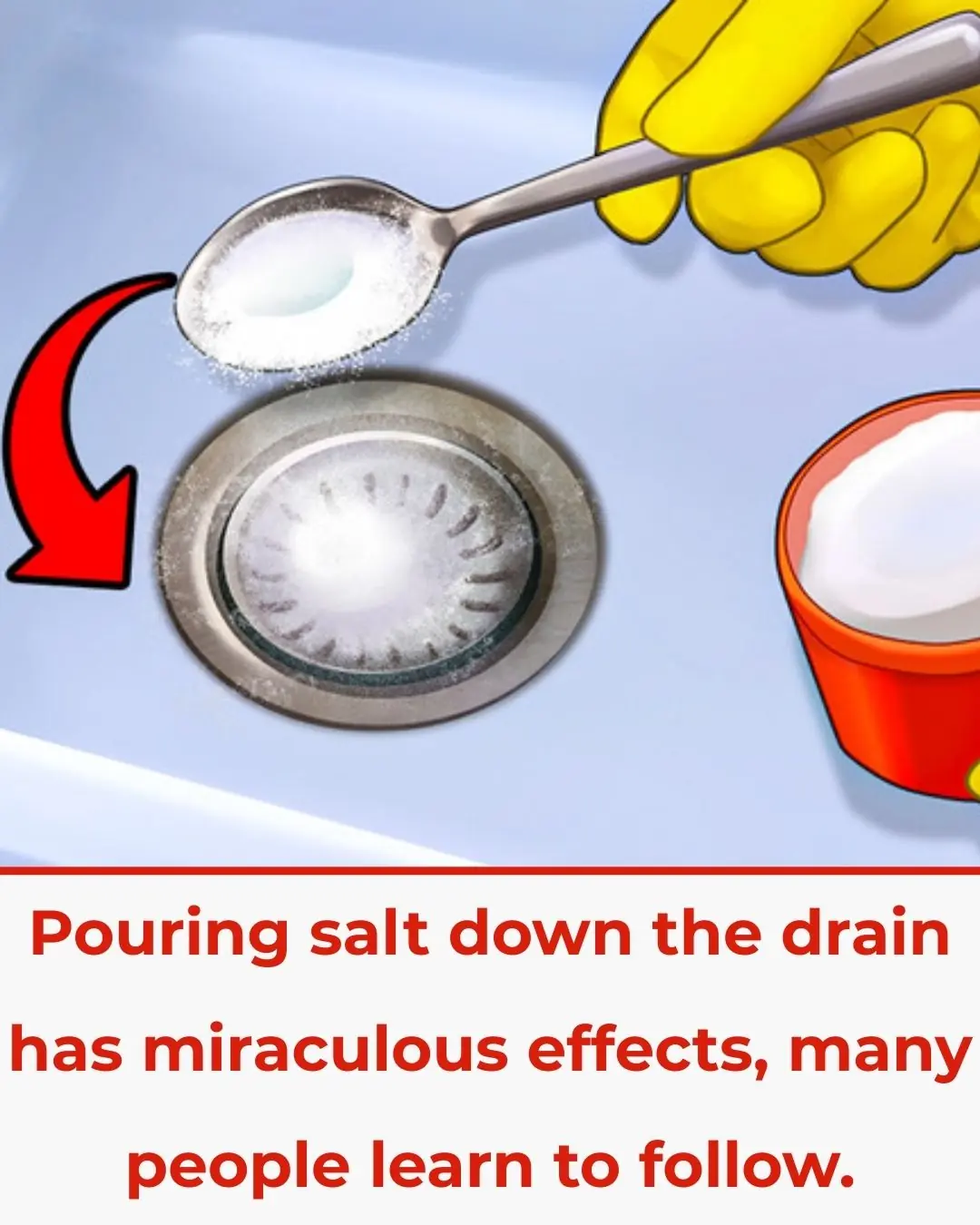
Pouring Salt Down the Drain: A Surprising Trick More People Are Trying

3 Simple Ways to Keep Your Home Completely Rodent-Free
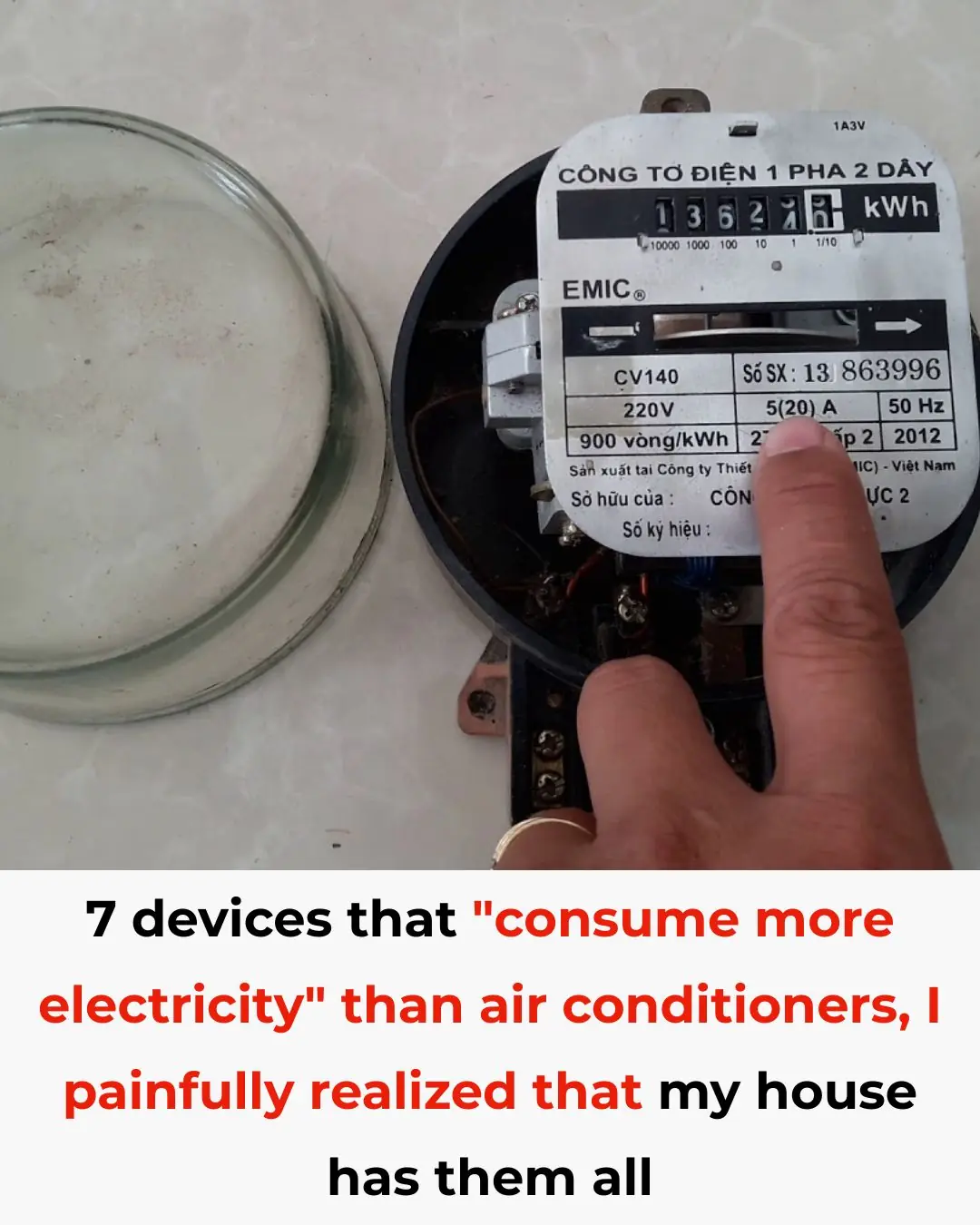
7 Household Appliances That Consume More Electricity Than Air Conditioners — I Sadly Realized My Home Has Them All

Four Plants in Your Garden That Attract Snakes Like Crazy — Remove Them Immediately for Family Safety

Tips for pickling white eggplants that are crispy, do not turn black, and do not form scum when left for a long time
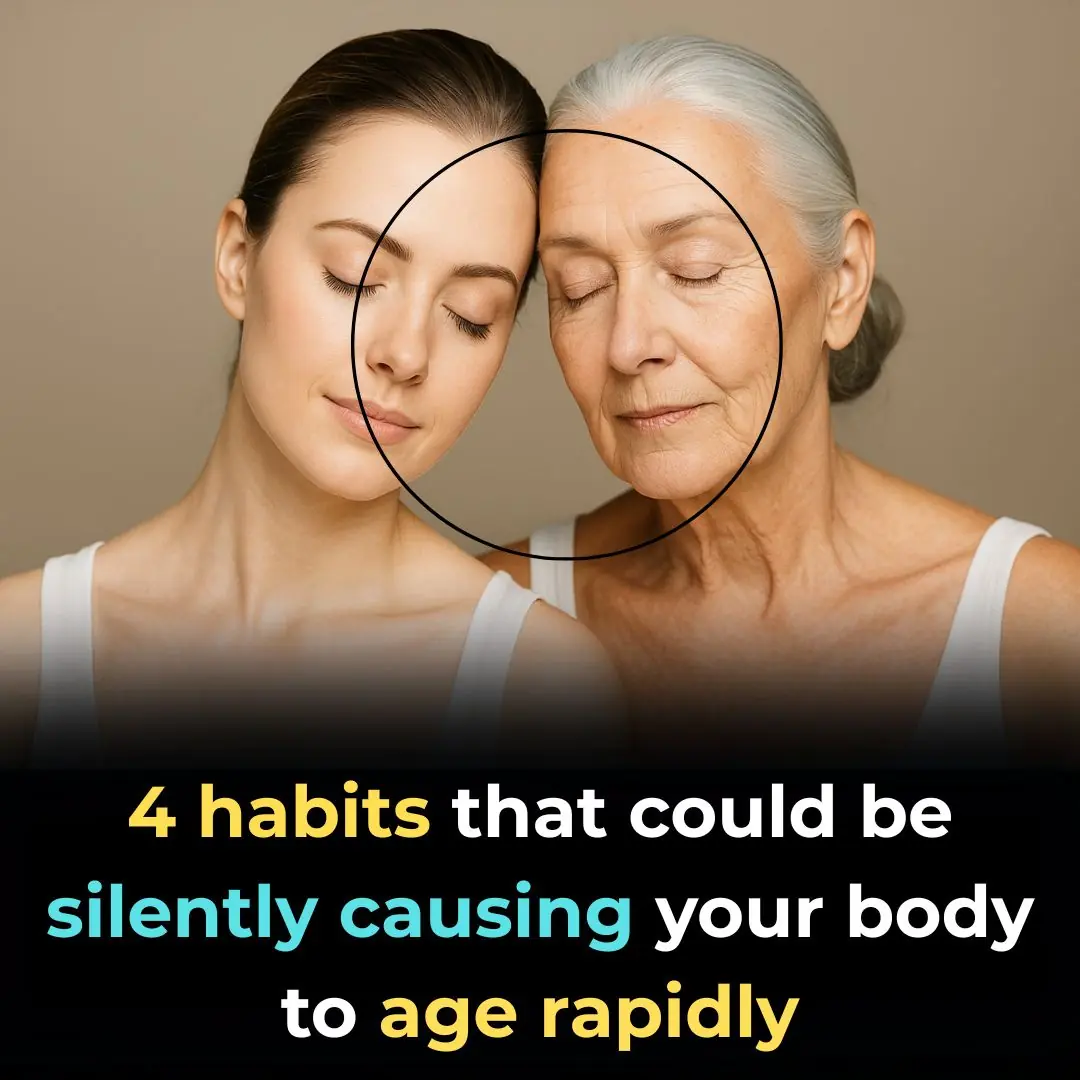
4 habits that may be silently accelerating your body’s aging process
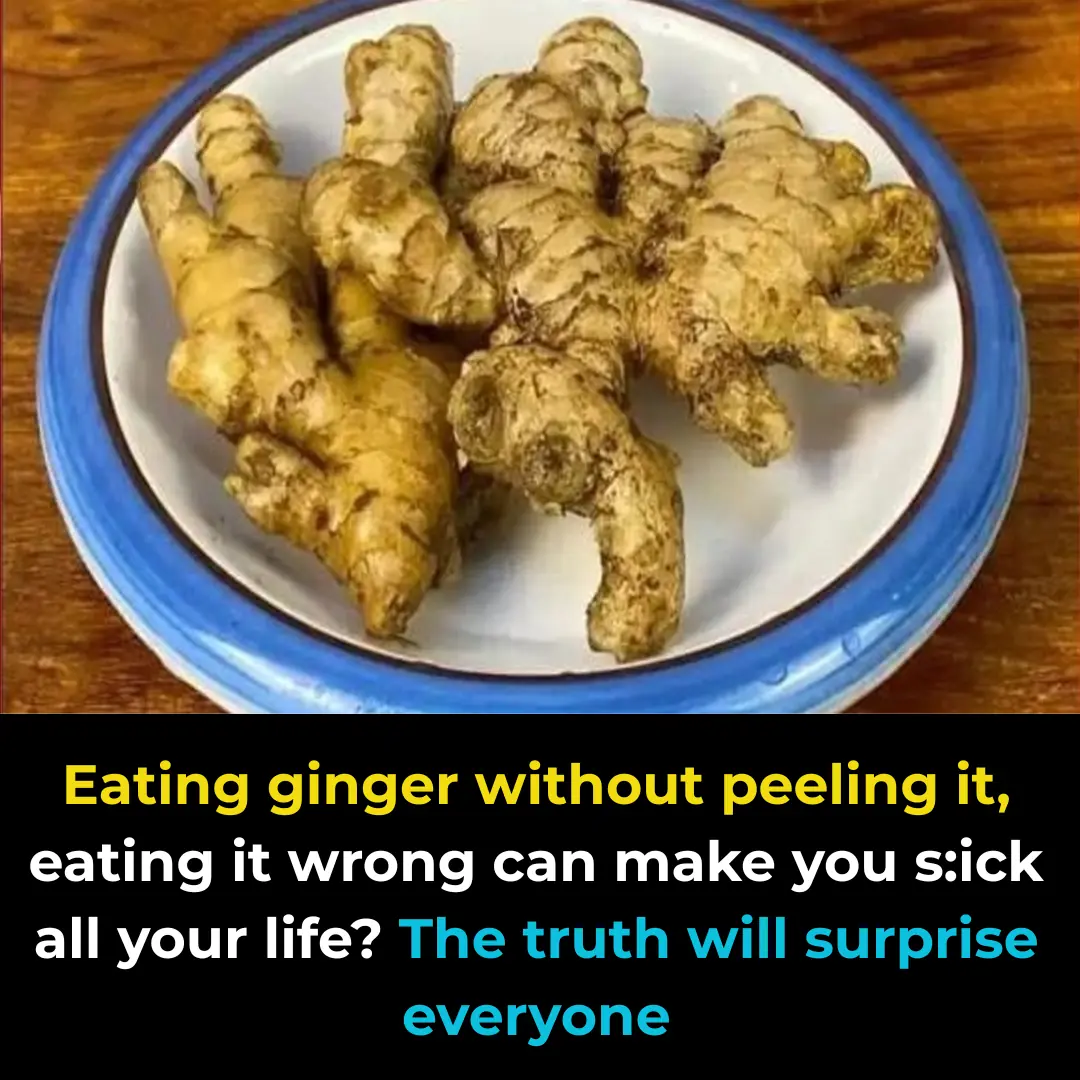
Eating ginger without peeling it – a lifelong health risk? The surprising truth that shocks everyone.
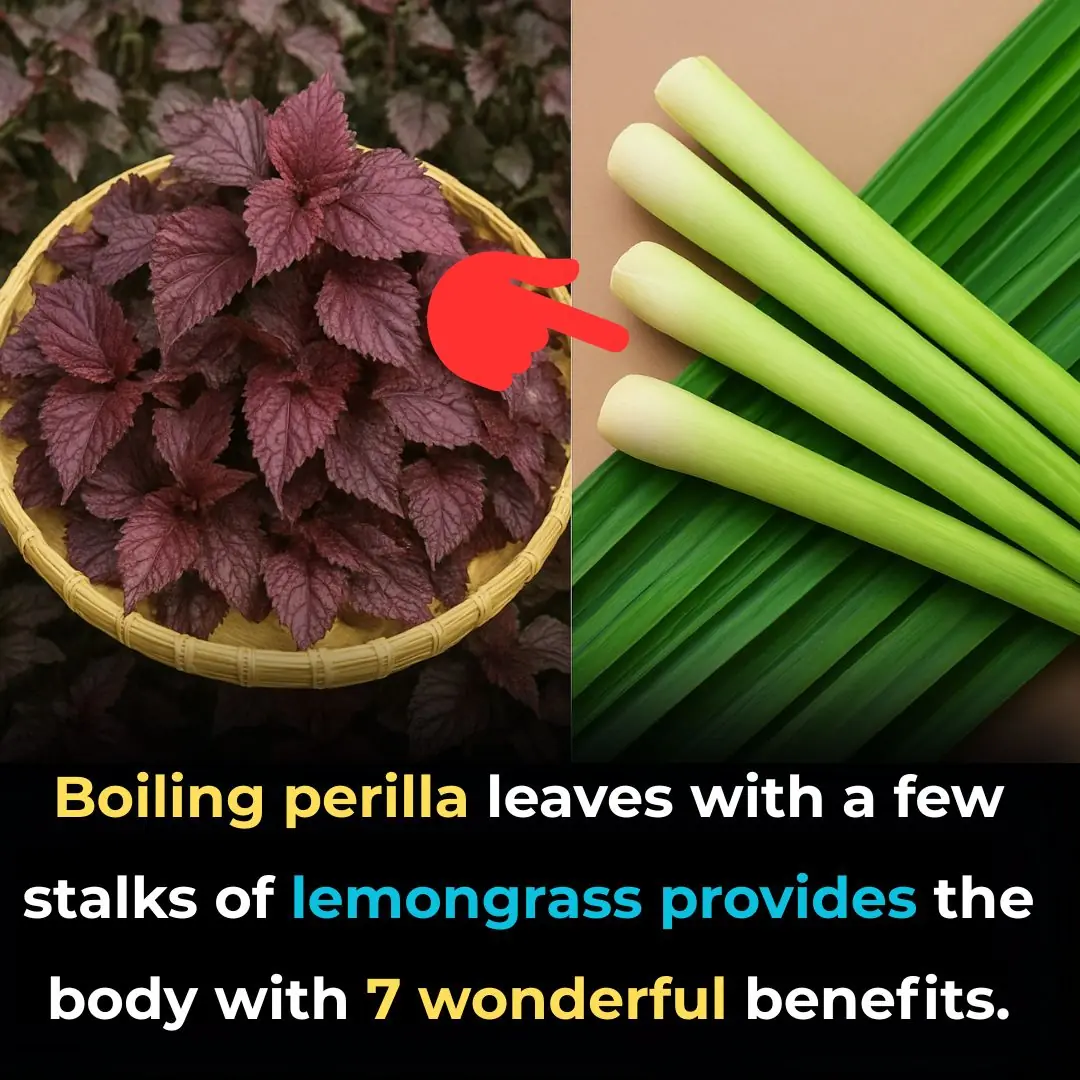
Boiling perilla leaves with a few stalks of lemongrass gives your body these 7 amazing benefits.

Even the Most Expensive Electric Kettle Can Turn Into a "Time B0 m b" If Your Household Has These 4 Habits
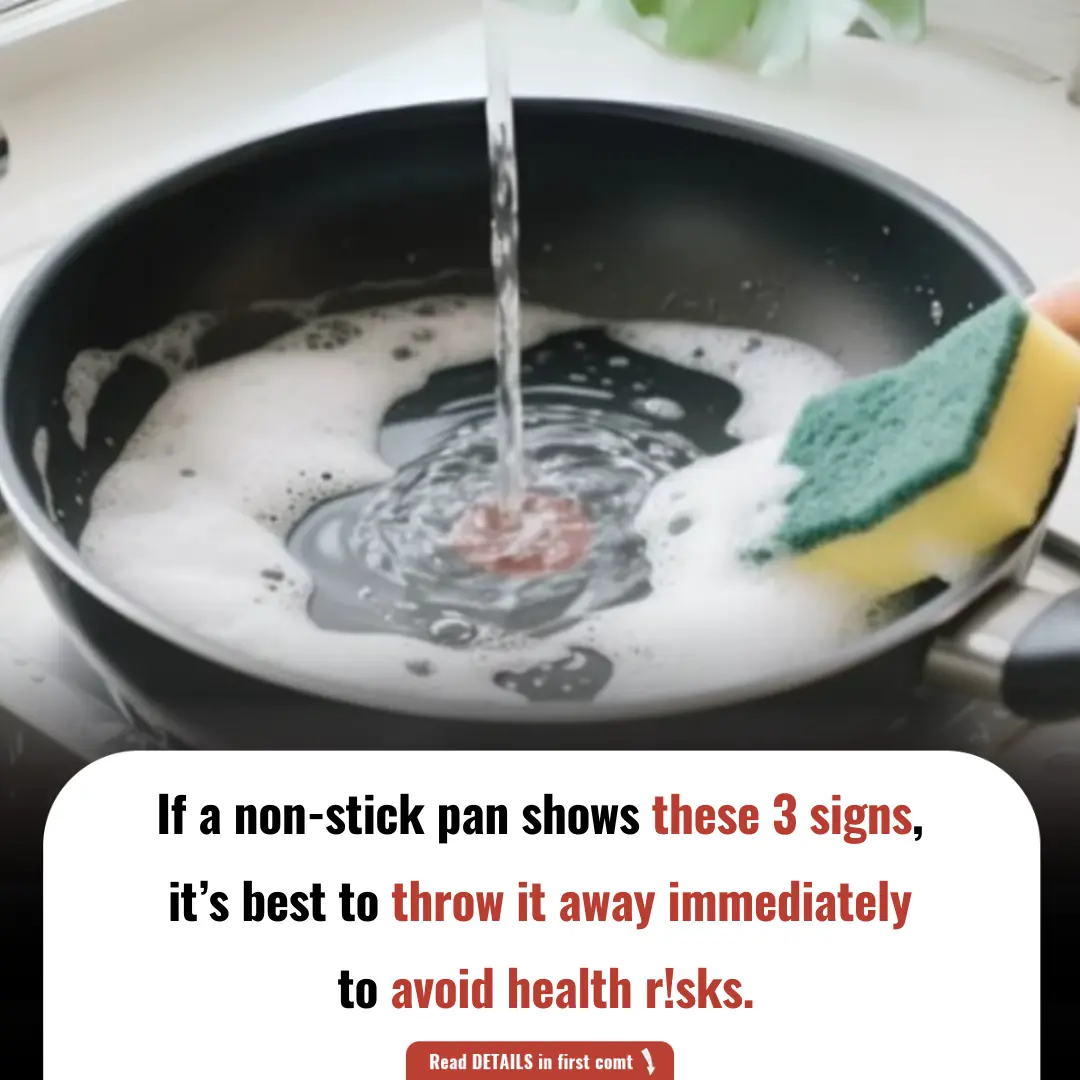
If a Non-Stick Pan Shows These 3 Signs, It’s Best to Throw It Away Immediately to Avoid Health Risks
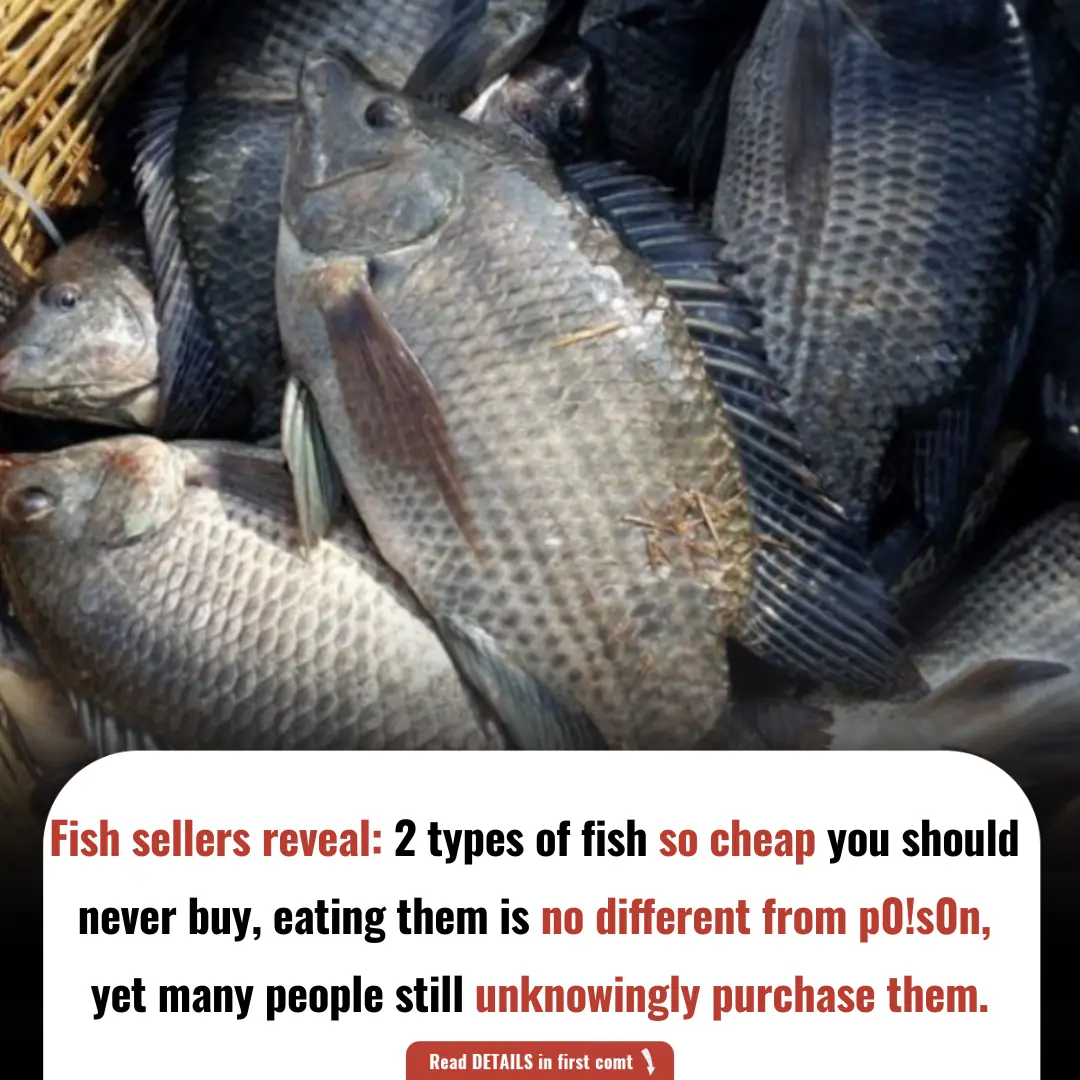
Fish Sellers Reveal: 2 Types of Fish So Cheap You Should Never Buy, Yet Many People Still Unknowingly Purchase Them
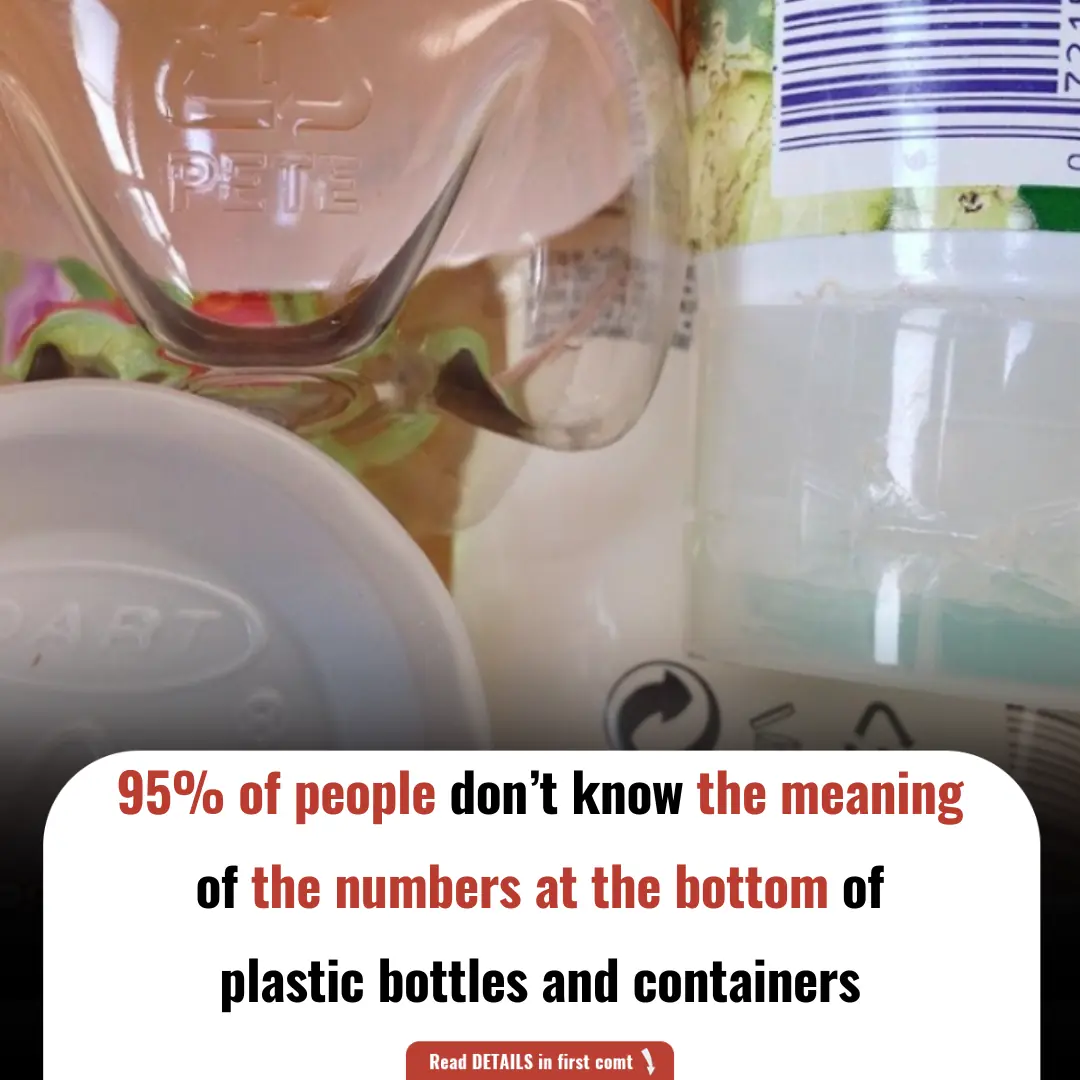
95% of People Don’t Know the Meaning of the Numbers at the Bottom of Plastic Bottles and Containers

The hidden electricity-draining device at home that few people notice: It consumes more power than a refrigerator or washing machine

Seafood seller warns: Avoid these 4 types of shrimp or risk your health!
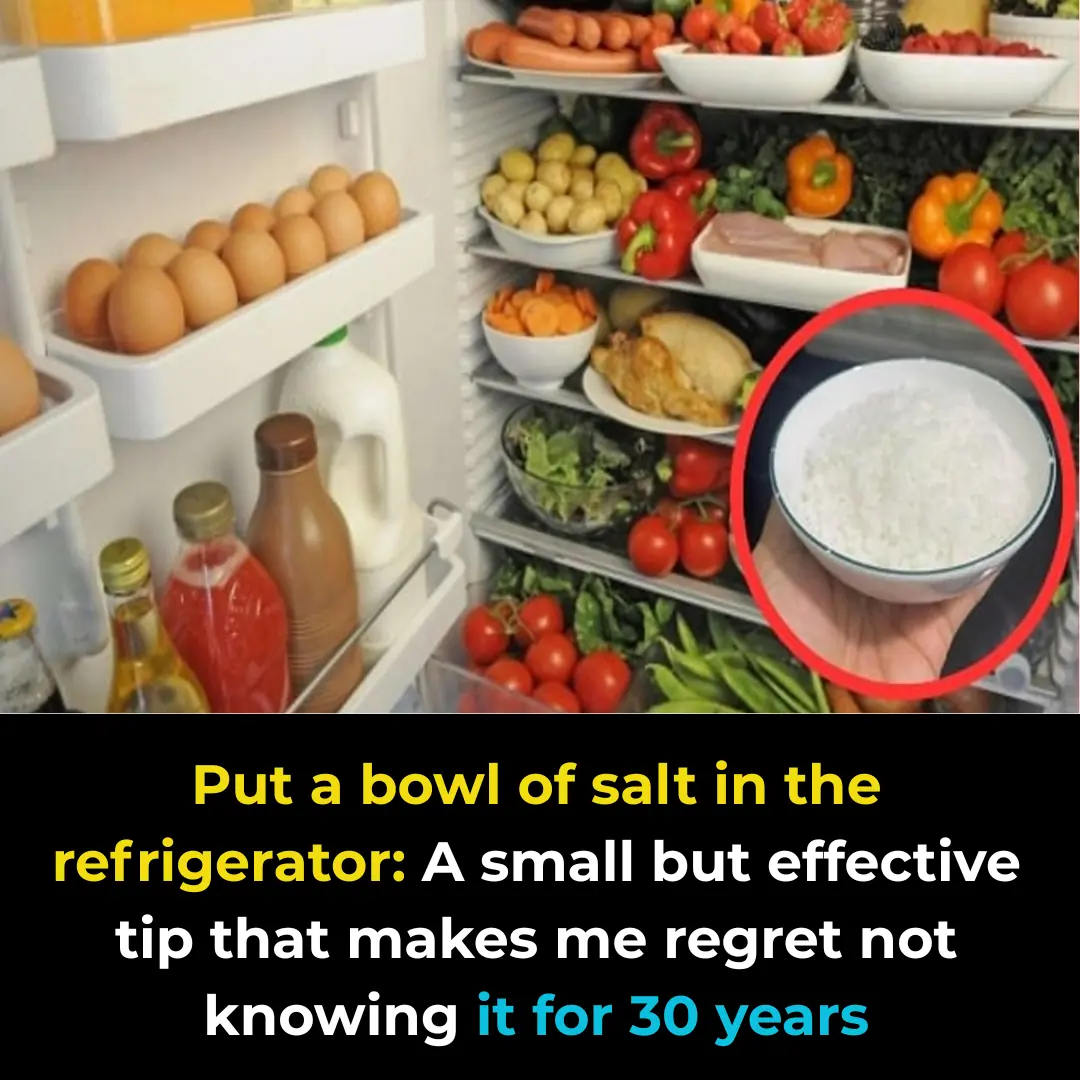
Place a bowl of salt in the fridge: A simple yet powerful trick I wish I had known 30 years ago
News Post

Be careful — one single action at the airport could ruin your en:tire life.

Condolences to those who are using these 4 types of electric kettles: Throw them away while you still can, thousands of people have already developed c:ancer.
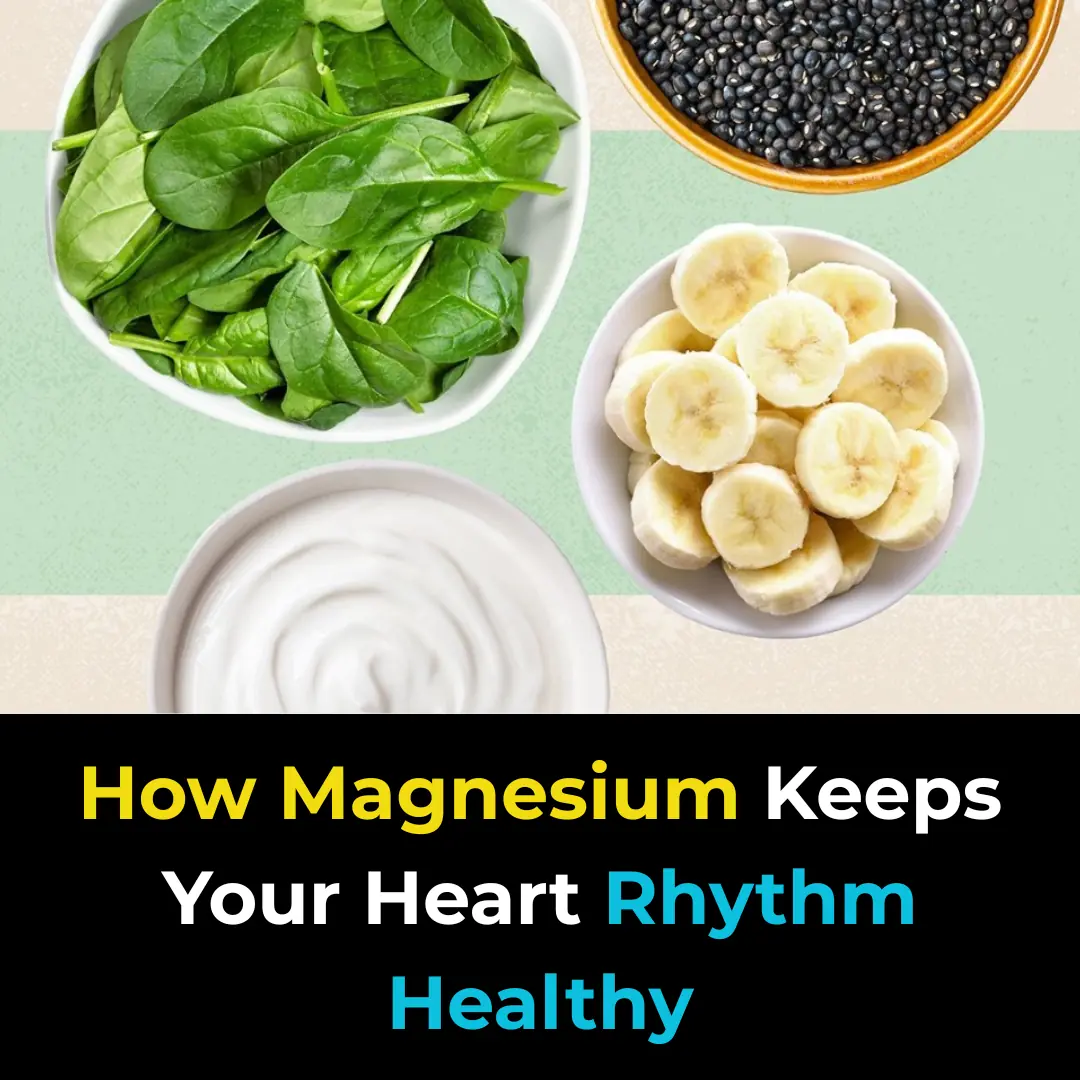
How Magnesium Keeps Your Heart Rhythm Healthy

Why Do I Cough When Taking a Deep Breath?

Taking the Stairs Could Help You Live Longer
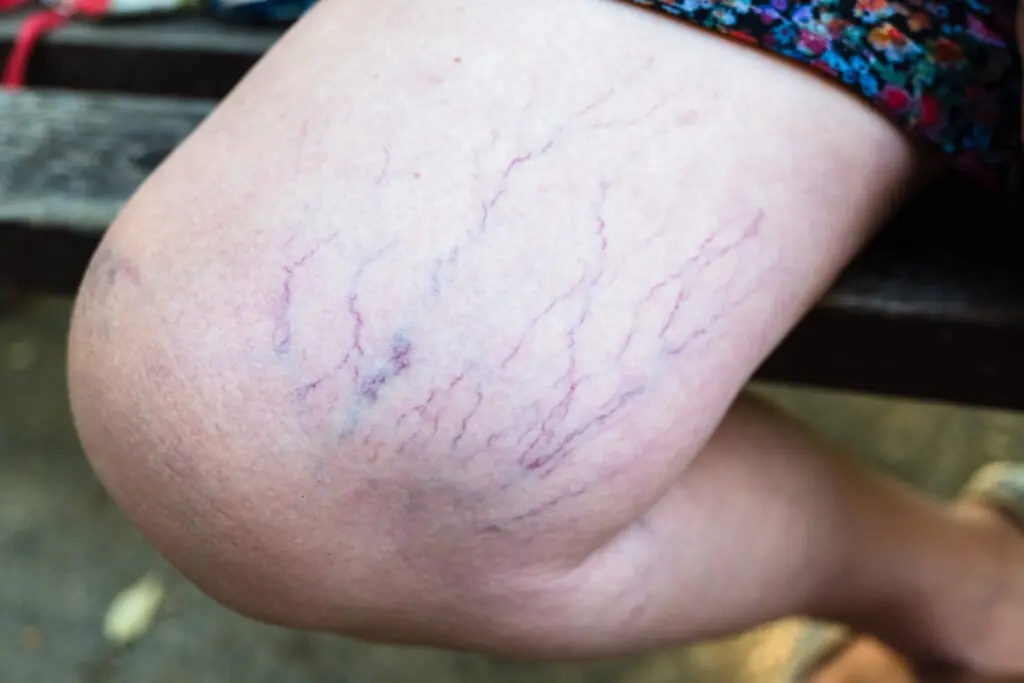
Purple Veins on Your Legs: When to Worry
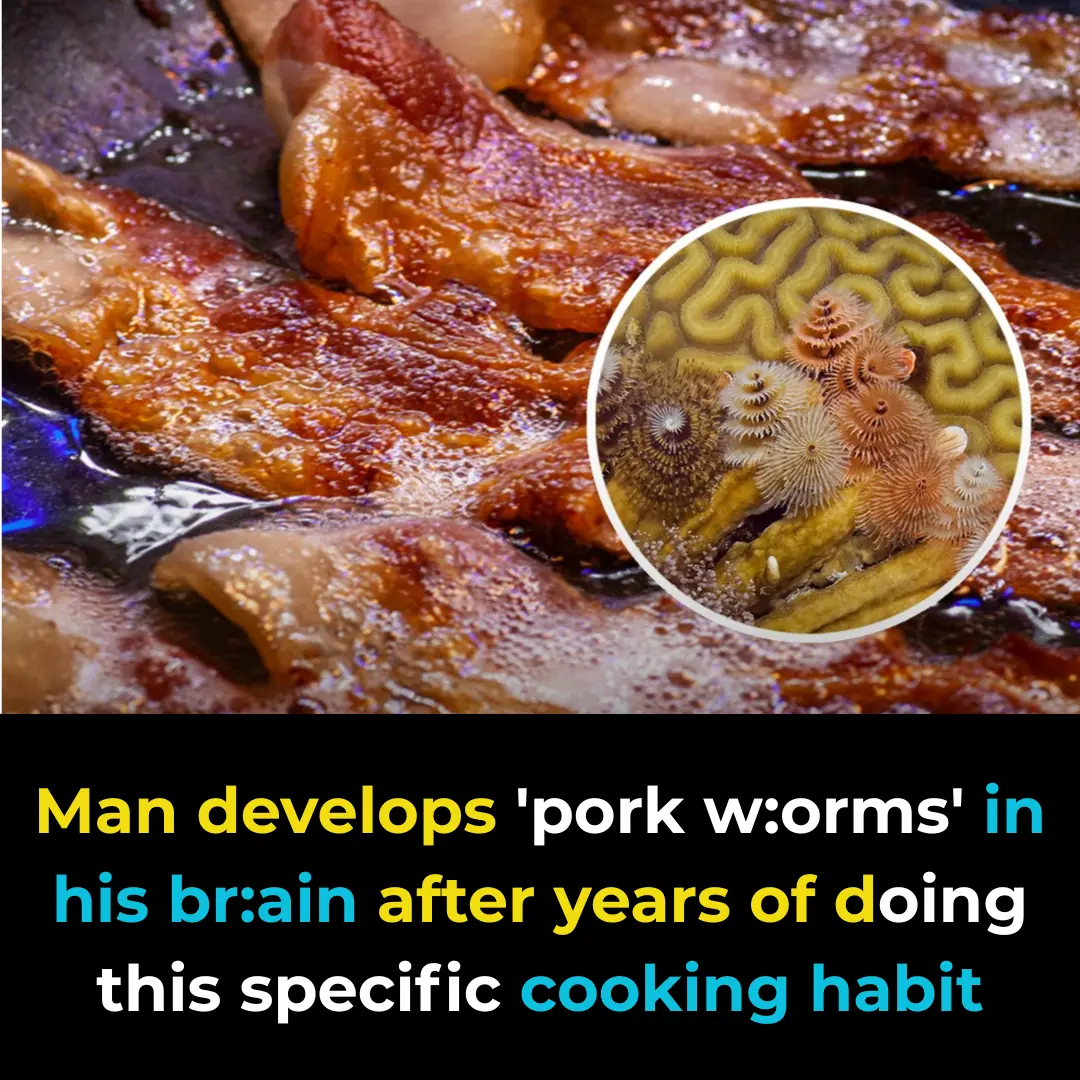
Man develops 'pork worms' in his brain after years of doing this specific cooking habit

Signs Your Cortisol Is Dangerously High

Woman who d::ied for 24 minutes before being brought back to life details exactly how it felt

The Sleep Saboteur: The One Thing You Should Never Do When You Wake Up at Night

Nightly Habits That Could Increase Your Risk of Stroke
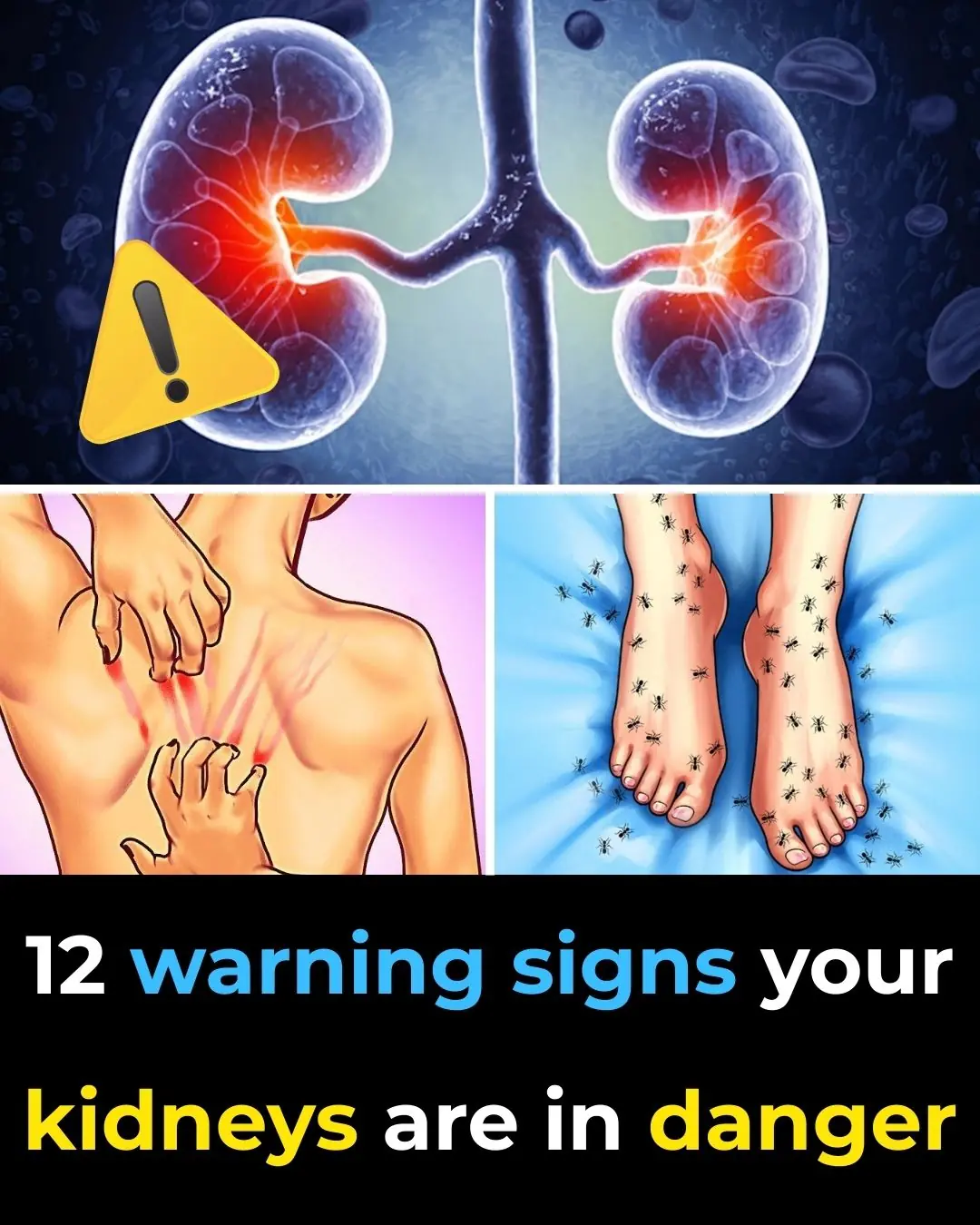
🚨 ALERT! 7 Strange Signs Your Kidneys Are Crying for Help
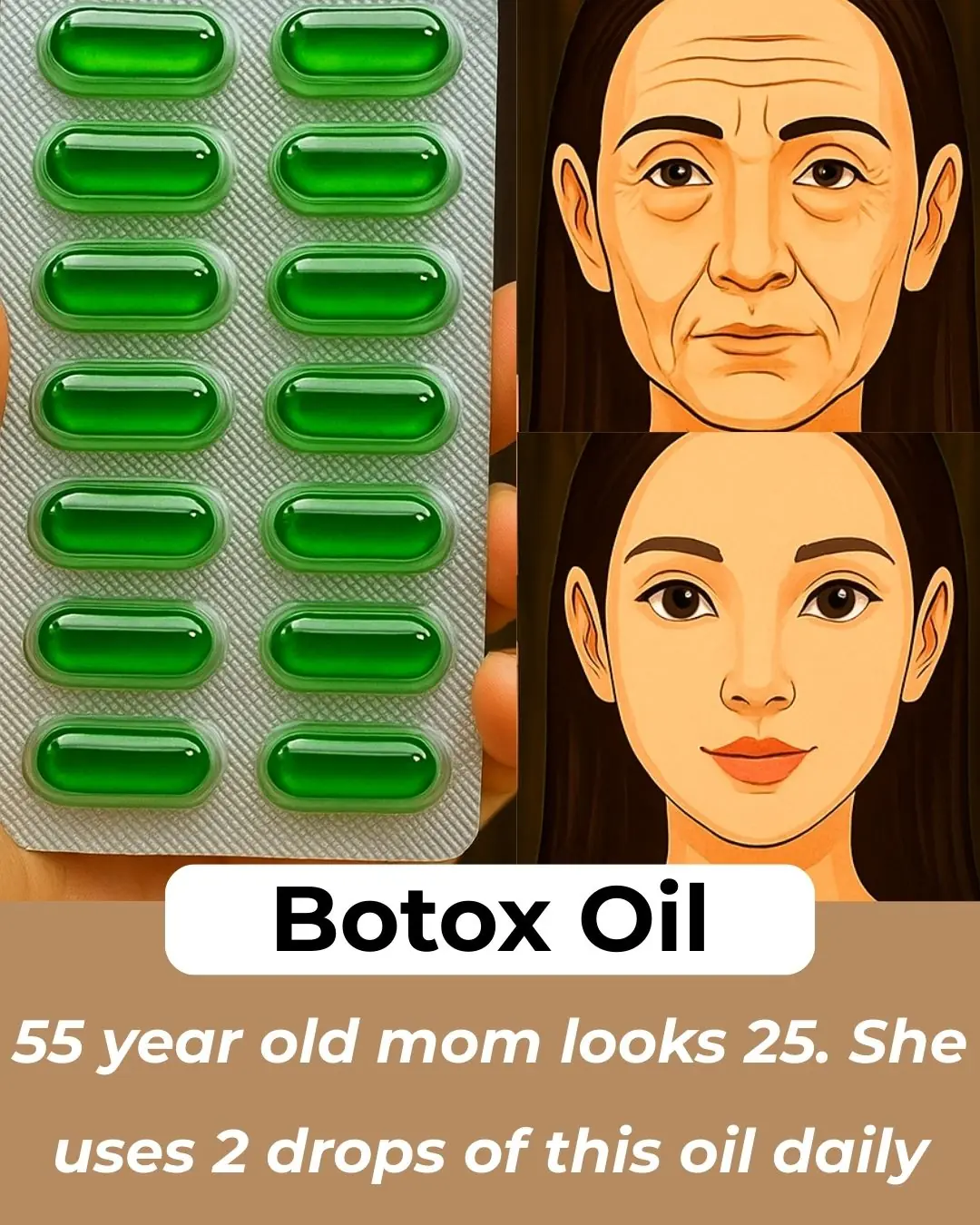
Vitamin E Oil uses for Skin – Glowing Skin, Dark Circles & Wrinkles

DIY Aloevera ice cubes to Remove Dark Spots & Clear Skin | Aloevera Benefits for Skin
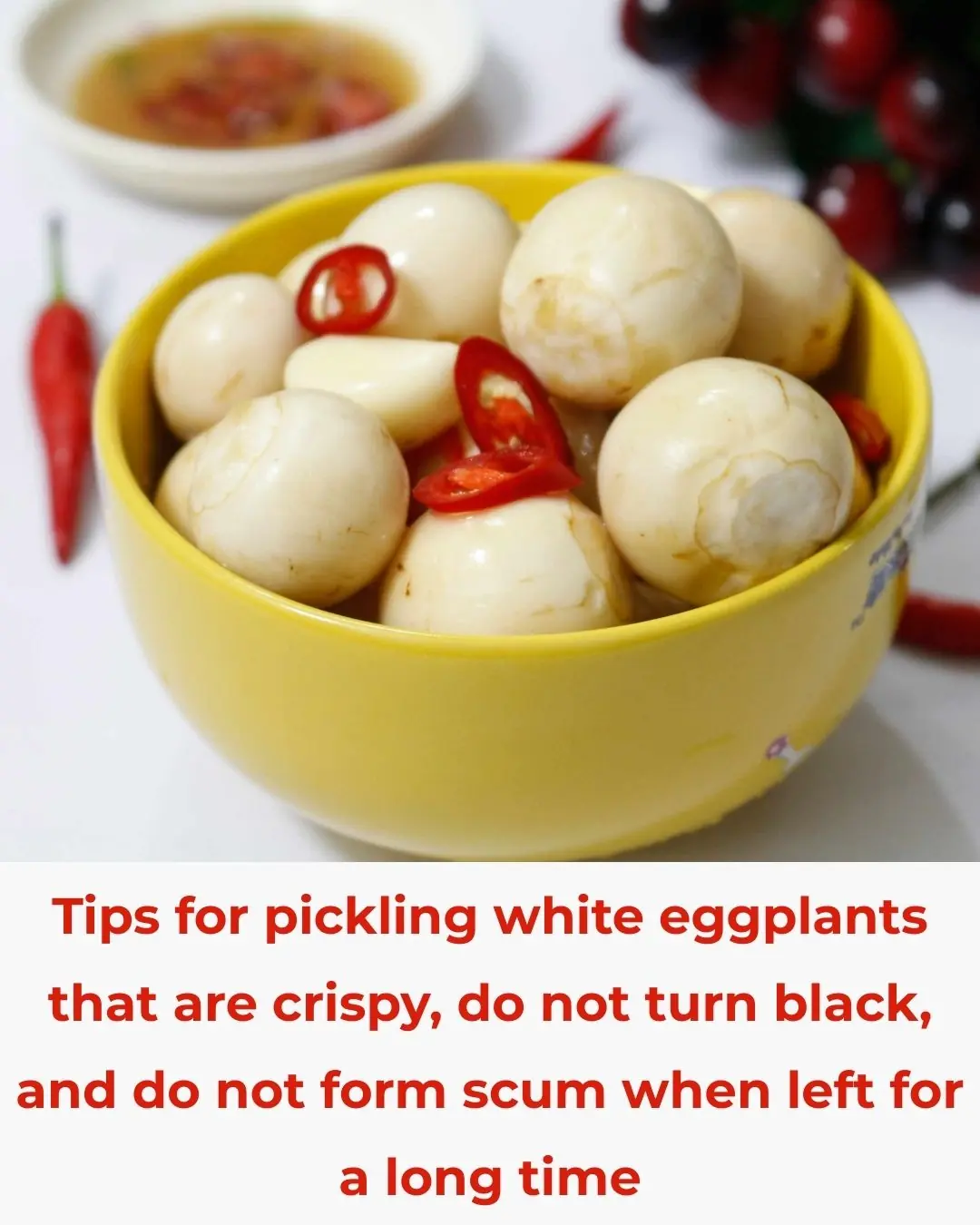
Tips for pickling white eggplants that are crispy, do not turn black, and do not form scum when left for a long time

11 Secret Baking Soda Tricks for Women That Will Change Your Life!

Mattresses used for a long time are dirty and smelly, sprinkle this on the surface, no need to wash with water, it will be clean as new

‘Healthy Man’ Diagnosed With Cancer After Noticing Dog’s Bizarre Behavior Around Him
